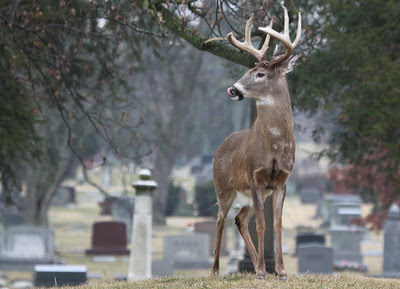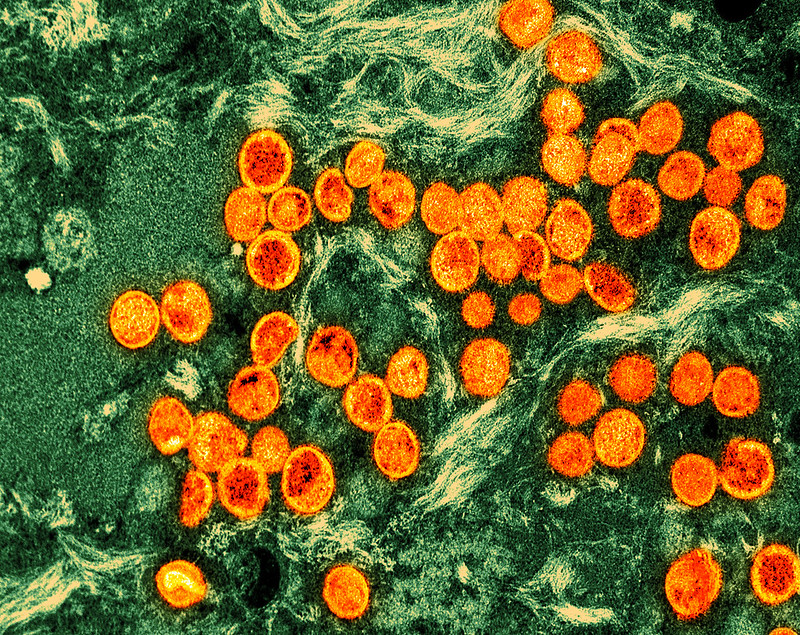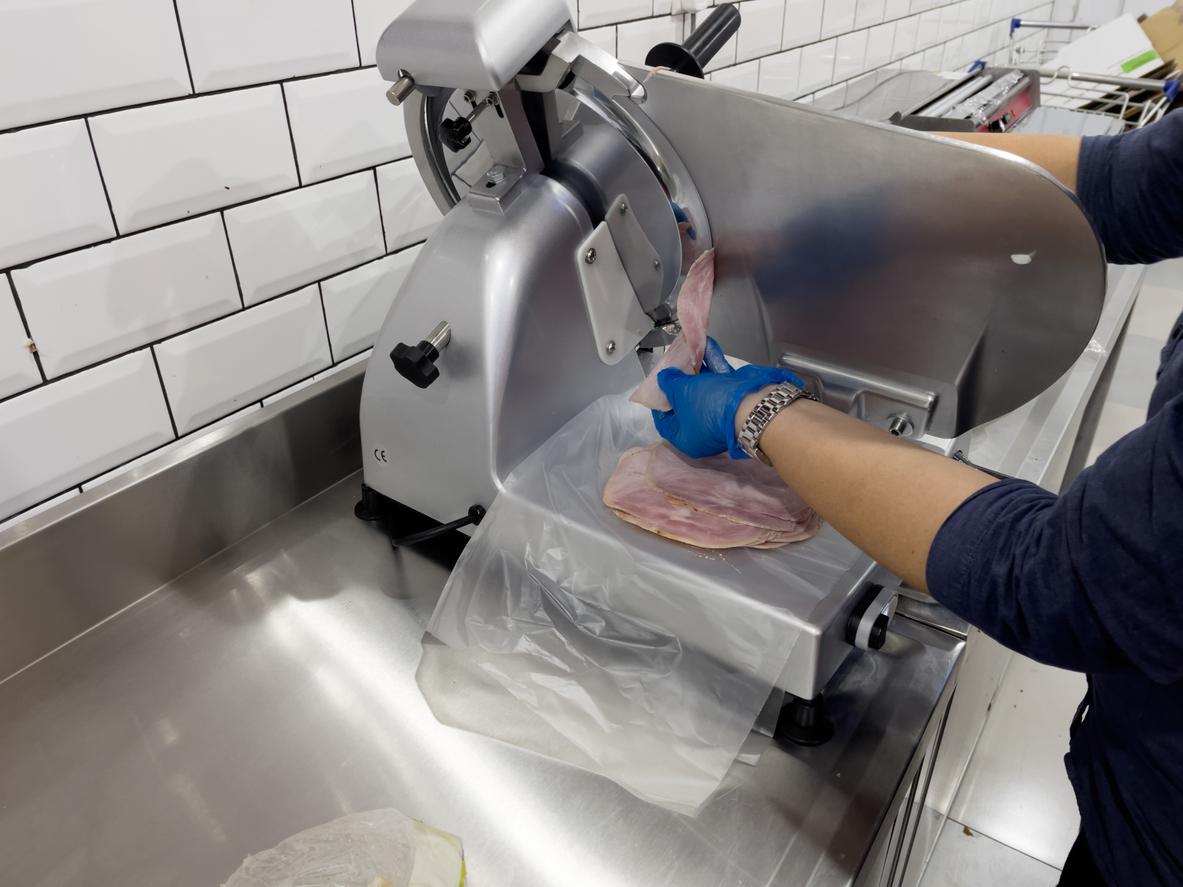
British Columbia government officials yesterday announced the identification of another chronic wasting disease (CWD) case in the province, for a total of three detections since February 2024.
Measures are in place within this zone to continue to collect data to help mitigate the risk of disease spread.
The white-tailed deer in the Kootenay region, in the southeastern region of the province, was harvested in October within 2 kilometers (1.2 miles) of a CWD-positive white-tailed doe killed in a vehicle collision in Cranbrook in February 2024. The other case of the fatal neurodegenerative disease was detected in a hunter-harvested male mule deer in the same area that same month.
"All cases to date have been found within a chronic wasting disease management zone that includes 14 wildlife management units in the Kootenay region," the press release said. "Measures are in place within this zone to continue to collect data to help mitigate the risk of disease spread."
Cooking cannot neutralize prions
Caused by misfolded infectious proteins called prions, CWD affects cervids such as deer, elk, moose, and reindeer. Prions are extremely resilient and can persist in the environment for years. CWD can spread from animal to animal and through environmental contamination.
The disease isn't known to infect humans, but officials recommend not eating meat from a sick animal (cooking temperatures cannot kill prions) and using precautions when handling the carcasses.














